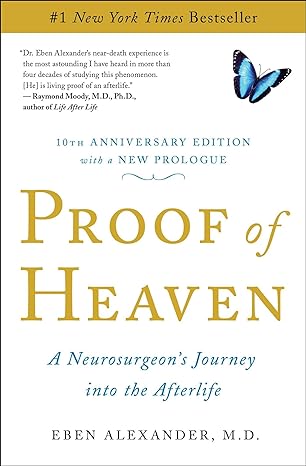This article illustrates just how common it is for doctors to hide their medical mistakes and make up excuses. Even this famous surgeon made a mistake and did not tell the patient.
- The issue of doctors hiding medical mistakes and making excuses is indeed a significant concern in the medical community. It’s been noted that doctors often have an ethical duty to disclose their own errors to patients, but the practice becomes less clear when it involves mistakes made by other doctors. There are several reasons why doctors may choose to stay silent about their colleagues’ errors. These include concerns about losing business, fear of retribution, uncertainty about the details of the patient’s case, and the potential legal implications of disclosing an error. This culture of silence can lead to a lack of feedback and learning from mistakes, which is detrimental to both doctors and patients.
- Moreover, the issue of medical errors and their concealment is also a legal concern. It’s reported that due to the stress of the job and long working hours, medical errors have become increasingly common. Many doctors, fearing legal consequences, may opt to hide their mistakes. Some statistics suggest that a significant number of doctors would admit little or nothing if they made a medical error, and most would not even apologize. This practice can lead to situations where patients are harmed but are not informed of the mistake, nor do they receive an apology or proper explanation.
This situation highlights the need for more transparency and accountability in the medical profession, not only for the sake of patient safety but also to maintain trust in the doctor-patient relationship.
Dr. Eben Alexander, the author of “Proof of Heaven, A Neurosurgeon’s Journey Into the Afterlife,” has been on the New York Times bestseller list. He has also been on television shows such as Good Morning America and Nightline among others talking about his near-death experience.
 Surgery always has inherent risks involved with it. Houston surgical patients are alerted to these risks before having surgery so they can make the decision of whether they believe the surgery will help their medical condition. But sometimes, surgical errors happen causing unexpected injuries and even death to patients.
Surgery always has inherent risks involved with it. Houston surgical patients are alerted to these risks before having surgery so they can make the decision of whether they believe the surgery will help their medical condition. But sometimes, surgical errors happen causing unexpected injuries and even death to patients.
A neurosurgeon made famous by his book about his near-death experience was reprimanded by the Virginia Board of Medicine over two surgeries he performed. But, in a recent article in Esquire magazine, it was reported that Dr. Alexander had two spinal cord surgery errors. In both surgeries he operated on the wrong part of the spinal column and did not immediately report the wrong site surgery to one of the patients. At least one of the patients experienced continuing symptoms after the surgery.
However, Dr. Alexander waited over three months before admitting the mistake to the patient. Dr. Alexander was fined by the medical board and ordered to go to training in ethics and professionalism. One of the patients also filed a lawsuit against him.
When a surgical error occurs due to a wrong site surgery, negligence by the physician is often the cause. Physicians who are found to be negligent should be held accountable for their mistakes.
“I wanted to see if his symptoms came back quickly because people some-times will have a placebo effect to surgery, and I wanted to see if this was truly a … durable (benefit of the surgery). Alexander later states, “So in a sense, I had done the correct operation, even though it was not the in-tended operation.” The patient contended in his law-suit that symptoms returned, and he expected to have to live with permanent impairments.

